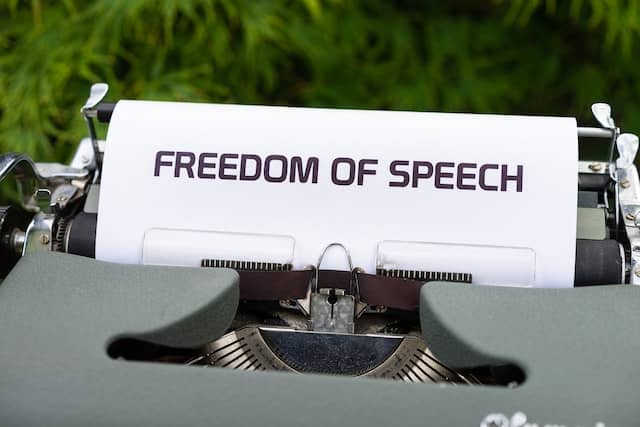Lord of the Flies, a novel by William Golding, has been a staple of modern literature for many years. The book, first published in 1954, follows a group of young boys stranded on a deserted island and their descent into savagery. However, despite its enduring popularity and critical acclaim, Lord of the Flies has faced multiple challenges and calls for censorship in schools over the years. But was Lord of the censored or not?
Despite these efforts, the book has never been banned and remains on the reading list of many high school English classes. This raises the question of whether the book has been subject to censorship or has simply withstood repeated attempts to remove it from shelves and classrooms. This article will explore the history of challenges and censorship attempts against Lord of the Flies and why this classic novel has endured despite opposition.
Was Lord of the Flies censored? (Complete Answer)
Various school boards and parents have criticized the Lord of the Flies for its graphic violence, depiction of children engaging in violent behavior, and Piggy’s death. These factors led these same people to argue that the book was inappropriate for young readers and should be removed from academic courses and public school libraries.
Despite these criticisms, the book has never been banned. While it has been challenged multiple times over the years, with some schools and libraries considering removing it from their shelves, these efforts have largely failed. The failure to ban the novel is due, in part, to the book’s literary value and its exploration of human nature and darker aspects of human behavior, which are considered important themes for students to grapple with. The book’s writing style and use of symbolism have also been praised.
Another factor that has helped to prevent the book’s censorship is the principle of free speech. The First Amendment in the United States protects the right to free speech, including the right to express controversial or unpopular opinions. The principle of free speech means that books, even those deemed controversial, cannot be banned simply because many people find them offensive or objectionable.
Why was Lord of the Flies censored?
Lord of the Flies has been censored for several reasons since its publication in 1954. The book has been challenged and banned in various school districts for its use of violence, particularly the scene where the boys hunt and kill a pig. Additionally, the portrayal of the breakdown of civilization and the depiction of the boys’ descent into savagery has been deemed too disturbing for younger readers. The book has also been criticized for its presentation of masculinity, which some see as promoting aggressive behavior and bullying. Despite these controversies, Lord of the Flies remains a popular and influential work of English literature.
Why should Lord of the Flies not be banned?
Lord of the Flies should not be banned because it is a work of literature that explores important themes such as the nature of humanity, the dangers of mob mentality and individualism, and the consequences of unchecked power. It also portrays the consequences of violence in a thought-provoking and timeless manner that encourages readers to contemplate the complexities of the human condition. Banning Lord of the Flies would be a disservice to the valuable discussions and insights that could arise from reading it. Furthermore, banning this classic novel would undermine the freedom of speech and intellectual curiosity that are essential to a free and democratic society.
Why is Lord of the Flies controversial?
Lord of the Flies is controversial for several reasons. Some argue that it promotes the idea that humans are inherently evil and that civilization is the only thing that keeps people from descending into chaos. This idea has been criticized by those who believe it oversimplifies human nature and ignores the positive aspects of human behavior and society. Additionally, some have criticized the book for its depictions of violence, particularly the violence perpetrated by children and the use of derogatory language. However, others argue that the book is an important literary exploration of human nature and the dark side of humanity. The novel raises important questions about the role of society and authority in maintaining order.
Conclusion
In conclusion, Lord of the Flies has faced controversy and criticism over the years but has never been banned. Its literary value and the principle of free speech have ensured that it continues to be widely read and studied. The book’s appropriateness for young readers is a matter of personal opinion, but it is clear that it has had a significant impact on literature and remains an important work for students to study.
